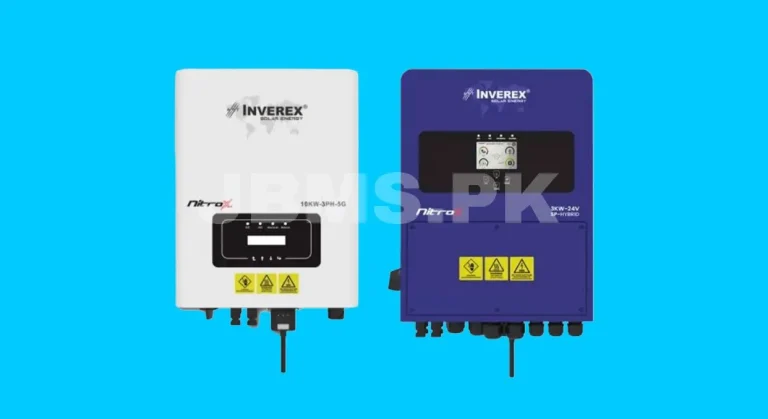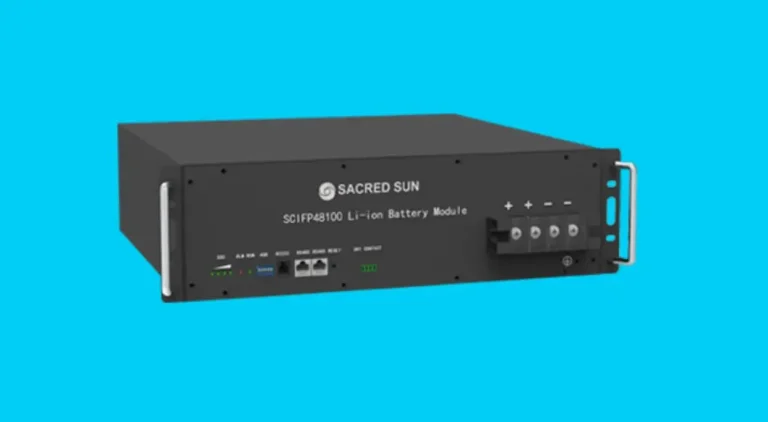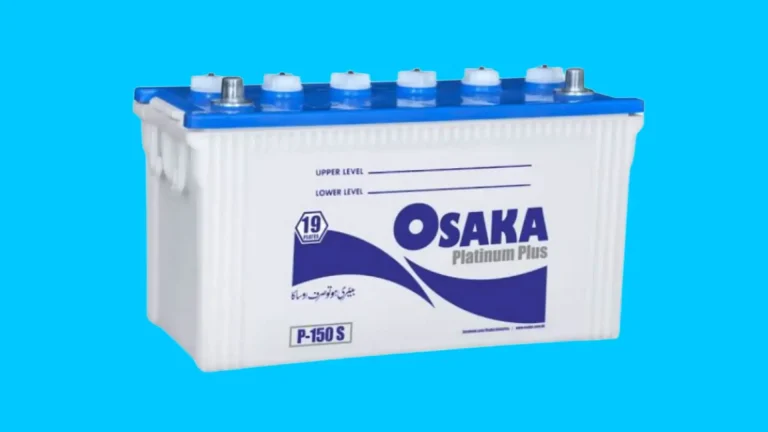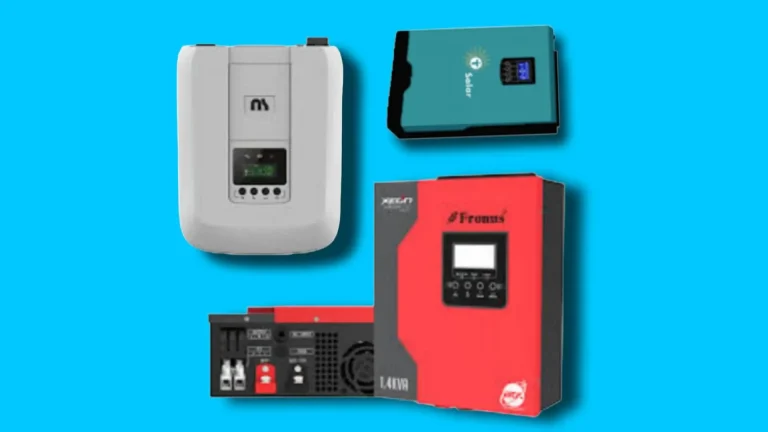Japan Invents 1000 Times More Powerful Titanium Solar Panel
Japan has unveiled a groundbreaking solar panel technology that could be up to 1,000 times more powerful than conventional silicon-based cells. This innovation leverages the unique properties of titanium dioxide and selenium, drastically improving energy efficiency and reshaping the future of solar power generation.

Titanium-Based Solar Panels: A Cost-Effective Alternative
Traditional solar panels rely on silicon, but Japanese researchers have developed a new approach that integrates layers of titanium and selenium in photovoltaic cells. By enhancing the bond between titanium oxide and selenium, scientists have significantly improved energy conversion efficiency, enabling higher electricity output from the same level of sunlight exposure.
This cutting-edge advancement was detailed in a recent publication in Solar Energy Materials and Solar Cells, introducing a cost-effective and highly efficient alternative to existing solar panel technologies.
Read also : Solar panel price in Pakistan
The Role of Titanium in Solar Energy
Titanium is widely recognized for its strength and resistance to corrosion, making it valuable in various engineering applications. However, its historically high extraction costs have limited its widespread use. Scientists at the University of Tokyo have now developed a novel extraction technique that significantly reduces the cost of titanium, making it more accessible for various industries, including renewable energy.
Their research, published in Nature Communications, highlights the potential of this new method not only in solar technology but also in sectors such as aerospace and medical applications.
A Breakthrough in Titanium Extraction
According to lead researcher Toru H. Okabe, the production of metals such as iron and aluminum is cost-effective, but titanium has remained expensive due to the difficulty in removing oxygen from its ore. The team has introduced an innovative process utilizing rare-earth metals to extract titanium with minimal oxygen content, achieving a purity level of 0.02% on a per-mass basis.
Eliminating the High Cost of Titanium
Titanium extraction has traditionally required high energy input, making it prohibitively expensive. However, the newly developed Japanese method employs yttrium, a rare element commonly used in LED screens and superconductors, to refine titanium more efficiently. This approach produces a low-cost, solid titanium alloy with significantly reduced oxygen content.
Yttrium: A Double-Edged Sword
While yttrium has proven invaluable in refining titanium, its inclusion in the final product—up to 1%—raises concerns about potential effects on titanium’s durability and corrosion resistance. Researchers continue to study ways to optimize the process while maintaining the integrity and benefits of titanium-based materials.
This pioneering development marks a significant step toward making solar energy more efficient and affordable, setting the stage for widespread adoption and transformation of the renewable energy sector.
Read also : Possible Decline in Solar Panel Prices in Pakistan During Ramadan 2025






